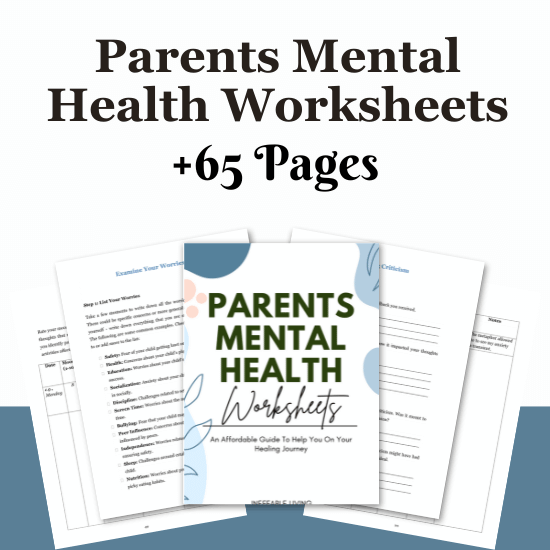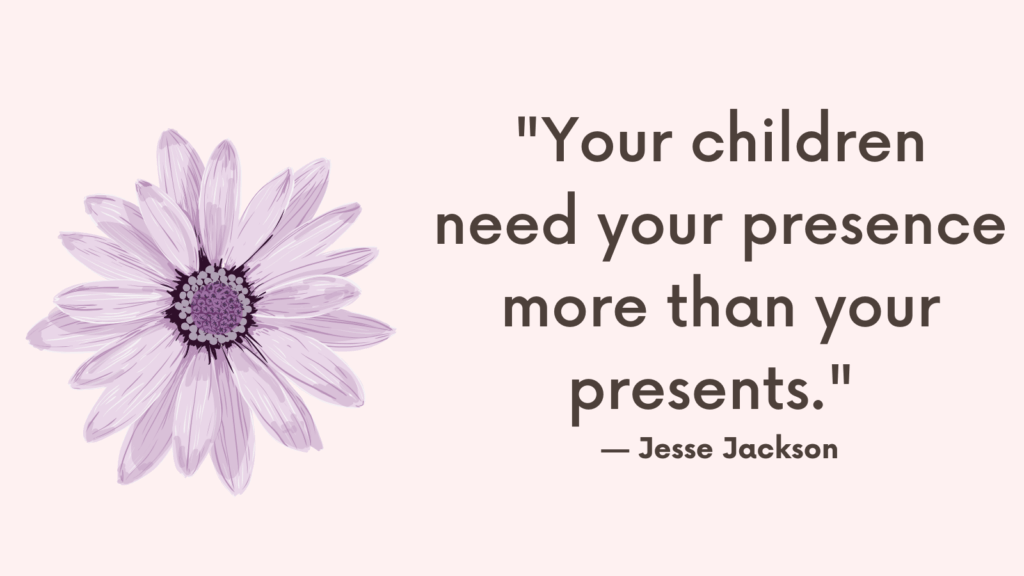Motherhood isn’t just physical labor — it’s mental labor. From remembering doctor’s appointments and birthday parties to anticipating emotional needs and tracking daily routines, mothers often carry an invisible weight that never really gets put down. This is called the mental load — and it can quietly drain your energy, identity, and well-being if left unacknowledged.
Here’s what the mental load of motherhood really is — and how to begin lightening it with honesty, boundaries, and support.
What Is the Mental Load of Motherhood?
The mental load of motherhood is the invisible, constant stream of thinking, planning, organizing, and anticipating that many mothers carry — on top of their physical responsibilities. It’s not just about what you do as a mom — it’s about everything you have to remember and manage, often without recognition.
Even when you’re sitting down or technically “off duty,” your brain is still working. That’s the mental load.
1. It’s the Constant Mental Checklist
- When’s the next doctor’s appointment?
- Are there snacks for school tomorrow?
- Did they finish their homework?
- Do they need new shoes?
- What’s for dinner — and do we have the ingredients?
Your brain is always “on,” tracking dozens of details no one else sees.
2. It Includes Emotional Labor
Mothers often manage the feelings and needs of the whole family.
- Soothing meltdowns
- Anticipating what will cause conflict
- Mediating sibling arguments
- Checking in on your partner’s stress
- Making sure no one feels left out or upset
You become the emotional thermostat of the household.
Related: Parenting Stress: How to Prepare for a Smooth Back-to-School Transition?
3. It’s Often Silent and Unseen
You may not talk about it. You may feel guilty for struggling with it. But it’s real.
You’re the one who:
- Notices when supplies are low
- Remembers to send birthday gifts
- Schedules appointments
- Packs the diaper bag
- Remembers which child hates crunchy carrots
Others benefit from your mental labor — without always realizing how much effort it takes.
4. It Doesn’t Stop — Even When You Rest
You might be lying in bed, trying to sleep — but your mind is spinning with:
- Tomorrow’s to-do list
- What you forgot
- Whether you were too harsh
- Whether they feel loved enough
The mental load continues, even in stillness.
5. It’s a Key Driver of Burnout
The mental load doesn’t show up on a chore chart.
You may be “doing everything right” — and still feel depleted.
Because thinking, managing, planning, and holding everyone’s lives together quietly wears you down.
Related: How to Deal With Mom Guilt When You’re Not Loving Motherhood?
How to Lighten The Mental Load of Motherhood?
1. Name It Clearly and Out Loud
You can’t share a burden that no one else sees.
Say:
- “I’m not just doing tasks — I’m carrying all the thinking behind them.”
- “It’s not the laundry. It’s remembering when to do it, how, and for who.”
When others understand the mental work involved, they’re more likely to step in meaningfully.
2. Share Ownership — Not Just Tasks
Delegating is helpful, but if you’re still keeping track of what, when, and how, the load stays on you.
The goal isn’t help — it’s shared responsibility.
For example:
- Instead of “Can you pick up groceries?” → “Can you own the groceries this week — list, shopping, unpacking?”
Let others fully own some categories so your brain can let go.
3. Use Shared Systems (Not Just Your Memory)
Shift the mental list out of your head and into a shared space:
- Family calendar (digital or physical)
- Shared grocery lists
- Whiteboard or command center for everyone to see
This way, you’re not the only one tracking birthdays, appointments, or to-dos.
Related: “Parental Guilt”: How to Navigate Guilt as a Parent or Caregiver?
4. Lower the Bar Where You Can
Sometimes the load is heavy because the standards are impossible.
- Do the clothes need folding perfectly?
- Does dinner have to be from scratch every night?
- Can good enough be enough this week?
Free yourself from perfection. Your worth is not measured by how flawlessly you manage.
5. Build in True Mental Off-Time
Not every break is a real break.
- Scrolling on your phone while making dinner is not rest
- Running errands alone is not self-care
Make time for moments where your brain gets to shut off — no multitasking, no decision-making.
Even 15 minutes of real pause matters.
6. Set Boundaries Around Emotional Labor
You don’t have to manage everyone’s moods.
- Your partner’s stress is theirs to navigate
- Your child’s every frustration doesn’t have to be fixed instantly
You can care without overfunctioning. It’s okay to say, “I’m here, but I can’t take all of this on right now.”
Related: How to Recognize Stress in Children and Help Them Cope?
7. Ask for Help Without Guilt
You shouldn’t have to be drowning before asking for help.
- Be specific: “Can you take over bedtime tonight so I can rest?”
- Accept support even if it’s not done your way
You’re allowed to receive. You’re allowed to let go.
8. Do a “Mental Load Audit”
Take 10 minutes and write down everything in your mind:
- Upcoming appointments
- School needs
- Household tasks
- Emotional tracking
Then ask: - What can I drop?
- What can I delegate?
- What can I simplify?
Seeing it on paper helps you take it out of autopilot.
9. Let Go of the Martyr Role
You don’t have to do it all to be a good mom.
You don’t have to suffer silently to prove your love.
Your needs matter — and making space for yourself is an act of strength, not selfishness.
Related: How to Cope with Depleted Mother Syndrome?

Conclusion
The mental load of motherhood is real — and heavy — but it’s not yours to carry alone.
You deserve rest. You deserve to be held. You deserve to think about yourself, too.
Your value isn’t in how much you do or how well you hold it all together — it’s in your presence, your care, and your humanity.
And lightening the load starts by believing you’re allowed to.



